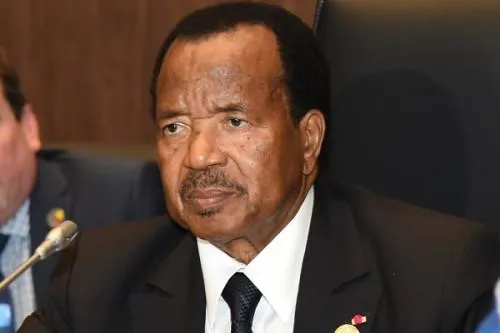Franklin as he preferred to be called in this report is a holder of a first degree in economics from the University of Buea.
For four years, the graduate says he has been involved in petite businesses with no veritable job to earn a decent living.
To him, the harmonisation of retirement age in Cameroon confirms government’s poor vision for young people.
“I expected president Paul Biya to increase the salary of civil servants and improve their work conditions. This will permit them to live well and have enough money to invest before they go on retirement. Increasing retirement age to sixty with the same meagre salary is a nonevent”.
To him, government erroneously believes that the public service can create wealth.
“The public service cannot create wealth. The production of goods in the private sector is what creates jobs and increases the GDP of the country”.
To Philomen Sekem, a final year student at the University of Douala, the creation of jobs to employ young people should preoccupy President Paul Biya.
“The government should ameliorate conditions of business and investment opportunities in the private sector that can employ youths rather than adding more years to people due retirement,” he says.
According to finance experts at the ministry of finance in Cameroon, the harmonisation of retirement age will permit increase productivity in the public service and consequently produce money to pay those in pension already.
Though unemployed youths in Cameroon continue to frown at the president for maintaining old people in the public service while the young remain unemployed, civil servants have appreciated and celebrated the announcement. To them, it is a push for them to work harder in the public service.
Following the presidential decree signed December 30th, category A and B civil servants will go on retirement at 60 years while those in category C and D at 55 years.
Mbatho Ntan.



